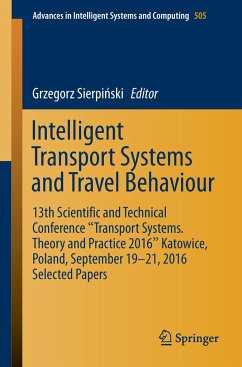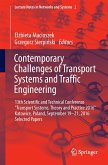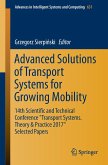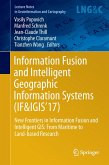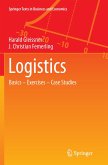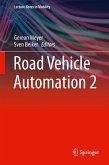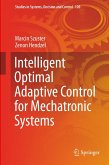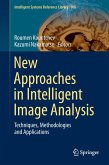Does application of countdown timers at traffic lights affect pedestrian safety? How can one model walking routes in transport systems using open source tools? What features should be particularly taken into account while implementing highly advanced ICT components in contemporary towns? What scenario for the development of Intelligent Transport Systems should be chosen for a specific area? How to estimate the impact of the substances emitted by vehicles on climate changes? Answers to these and many other questions can be found in this publication. It also comprises numerous analyses based on legitimate data sources, presenting the close relation between travel behaviours and the organisational as well as technical changes introduced in what is contemporarily referred as smart cities. At present and in the nearest future, technologically advanced transport systems require and will require considerable development of electromobility and the emphasis being placed on multimodality, therefore all these problems have been properly addressed in this publication.
With regard to the research results discussed and the selected solutions which find practical application, the publication is dedicated to three groups of recipients:
·Scientists and researchers (ITS field)
·Local authorities (responsible for the transport system on the urban and the regional level)
·Representatives of business (traffic strategy management) and industry (manufacturers of ITS components).
The publication entitled Intelligent Transport Systems and Travel Behaviour contains selected papers submitted to and presented at the 13th "Transport Systems. Theory and Practice" Scientific and Technical Conference organised by the Department of Transport Systems and Traffic Engineering at the Faculty of Transport of the Silesian University of Technology. The conference was held on 19-21 September 2016 in Katowice (Poland). More details at www.TSTP.polsl.pl<
With regard to the research results discussed and the selected solutions which find practical application, the publication is dedicated to three groups of recipients:
·Scientists and researchers (ITS field)
·Local authorities (responsible for the transport system on the urban and the regional level)
·Representatives of business (traffic strategy management) and industry (manufacturers of ITS components).
The publication entitled Intelligent Transport Systems and Travel Behaviour contains selected papers submitted to and presented at the 13th "Transport Systems. Theory and Practice" Scientific and Technical Conference organised by the Department of Transport Systems and Traffic Engineering at the Faculty of Transport of the Silesian University of Technology. The conference was held on 19-21 September 2016 in Katowice (Poland). More details at www.TSTP.polsl.pl<

